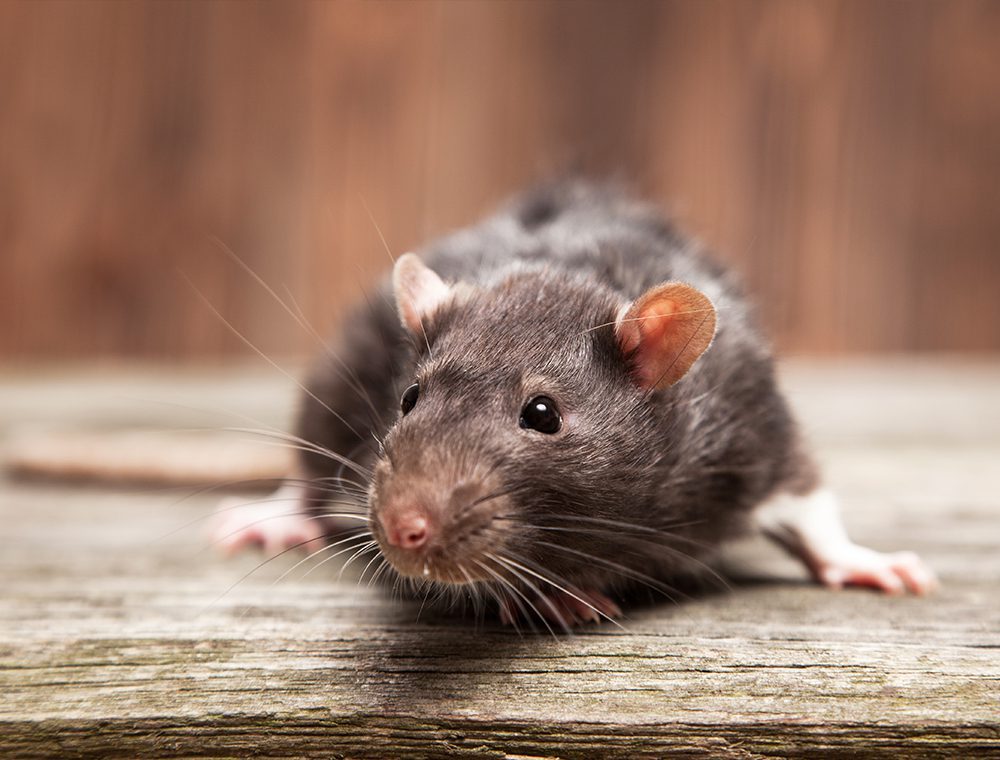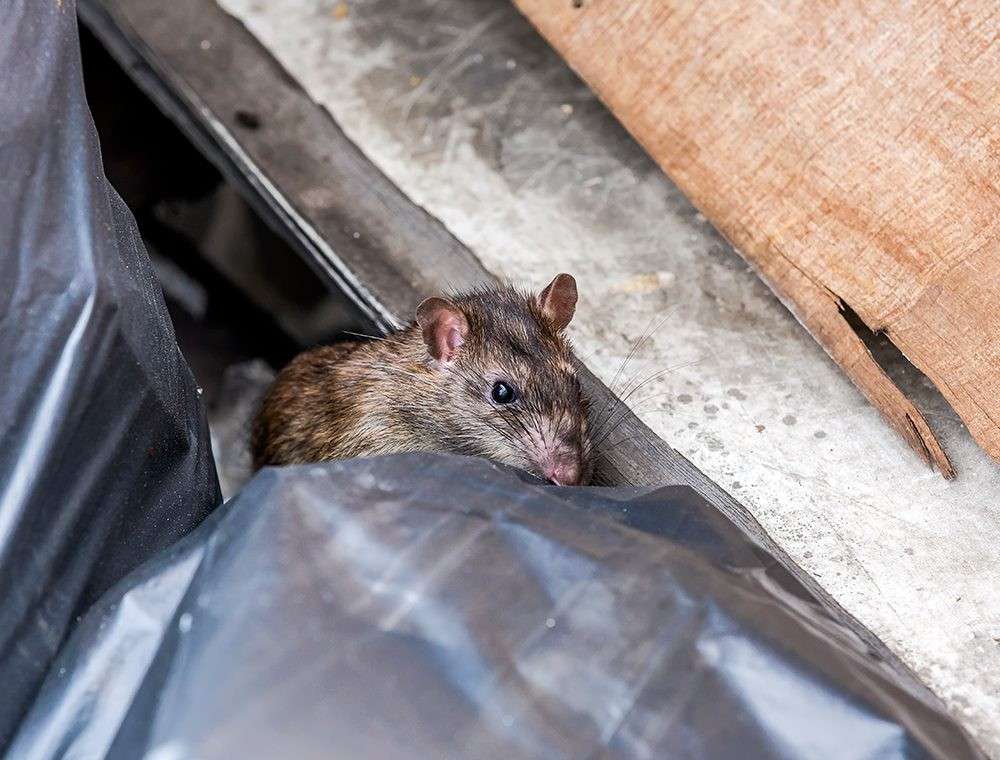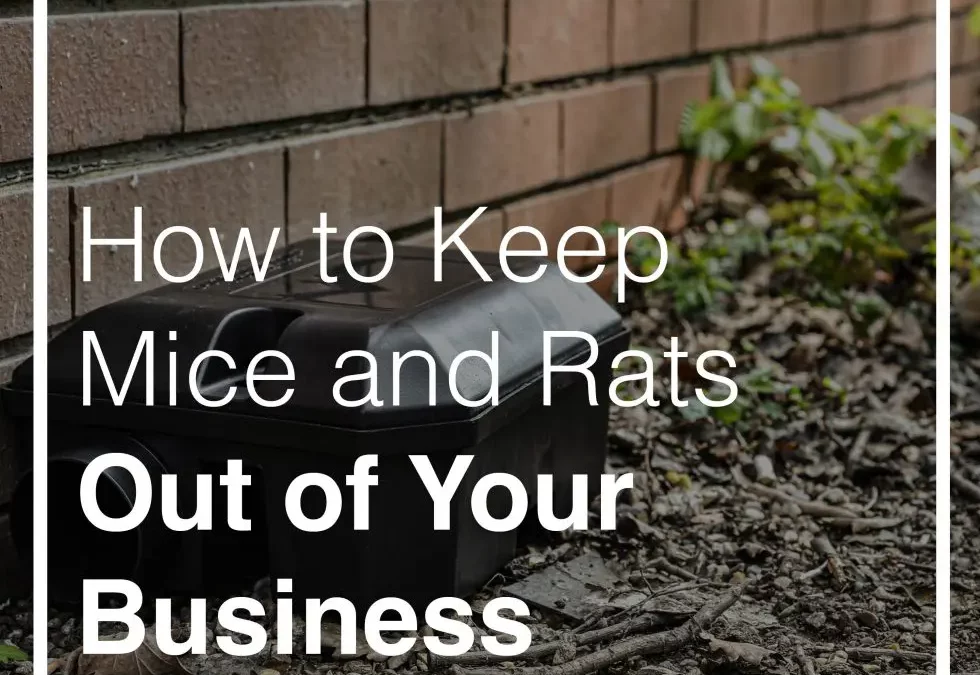How to Keep Mice and Rats Out of Your Business
Rodents like mice and rats are more than just a nuisance—they pose significant risks to your business. From contaminating food products to damaging property and spreading diseases, a rodent infestation can impact your business’s reputation, lead to health code violations, and result in costly repairs. Understanding rodent behaviour, recognising signs of infestations, and implementing effective prevention strategies are key to keeping these unwelcome guests out of your business premises.

Understanding Rodent Behaviour
To effectively control rodents, it’s crucial to understand their behaviour. Mice and rats are highly adaptable creatures that thrive in a variety of environments. They are nocturnal, meaning they are most active at night, and are excellent climbers, jumpers, and swimmers. This adaptability allows them to exploit almost any space, from warehouses and restaurants to office buildings and retail stores.
Rodents are constantly searching for three things: food, water, and shelter. They can squeeze through openings as small as a 5p coin (for mice) or a 20p coin (for rats), making it easy for them to access your building. Once inside, they reproduce rapidly—mice can produce up to 60 offspring per year, while rats can have up to 72—turning a small problem into a major infestation in no time.
Signs of a Rodent Infestation
Early detection is key to controlling a rodent problem before it escalates. Here are some common signs of rodent infestations to watch for:
• Droppings: One of the most noticeable signs of rodent activity is droppings. Mice produce small, rice-sized droppings, while rat droppings are larger and more pellet-shaped. Fresh droppings are dark and moist; older droppings are grey and brittle.
• Gnaw Marks: Rodents have constantly growing teeth and must gnaw to keep them in check. Look for gnaw marks on wires, walls, food packaging, and furniture. Rats tend to leave larger, rougher gnaw marks compared to mice.
• Nests: Rodents build nests from soft materials such as paper, fabric, insulation, and dried plant matter. Nests are usually hidden in secluded areas like wall voids, roof spaces, basements, and storage rooms.
• Tracks and Rub Marks: Rodents leave tracks in dusty areas and oily rub marks along their frequent pathways. You may also notice droppings or grease marks along skirting boards and walls, which rodents use as guides.
• Scratching Noises: Since rodents are nocturnal, you may hear scratching, scampering, or squeaking noises at night, particularly in ceilings, walls, or roof spaces.
• Unusual Smells: A strong, musky smell can indicate a heavy infestation. Rodents often leave urine trails as they move around, which can contribute to this smell.

Effective Strategies for Keeping Rodents Out
Preventing rodents from entering your business is far easier and less costly than dealing with an established infestation. Here are some proven strategies to keep rodents at bay:
• Seal Entry Points: Conduct a thorough inspection of your building’s exterior and interior to identify potential entry points. Seal cracks and gaps in walls, floors, and foundations with steel wool, metal sheeting, or caulk. Ensure doors and windows fit tightly and use weather stripping or door sweeps where needed. Pay special attention to utility penetrations, vents, and drains, which can be prime entry points for rodents.
-
Maintain Good Sanitation: Proper sanitation is essential in rodent control. Clean up spills and crumbs promptly, store food in rodent-proof containers, and dispose of rubbish regularly in tightly sealed bins. Avoid leaving pet food or water out overnight, and keep storage areas tidy and clutter-free to reduce hiding places.
-
Manage Landscaping: Overgrown vegetation near your building can provide shelter and pathways for rodents. Keep trees and shrubs trimmed away from the building, and remove piles of debris, wood, or clutter where rodents could nest. Consider installing gravel strips or concrete around the building perimeter to deter rodents from burrowing.
-
Eliminate Water Sources: Rodents need water to survive, so eliminating water sources can make your business less attractive to them. Fix leaky pipes, and drains promptly. Ensure that downpipes and gutters are clear and direct water away from the building’s foundation.
-
Regular Inspections and Monitoring: Regularly inspect your property for signs of rodent activity. Set up monitoring stations with bait or traps in high-risk areas to detect early signs of infestation. Consider investing in professional rodent control services for routine inspections and monitoring, especially if your business is in a high-risk industry like food service or warehousing.
-
Professional Pest Control: Sometimes, professional intervention is necessary, especially for large or persistent infestations. Pest control professionals have the expertise, tools, and products to effectively eliminate rodents and implement long-term prevention strategies. They can also provide tailored advice based on your specific business environment and industry regulations.

Rodents are more than just a nuisance—they are a threat to your business’s health, safety, and reputation. By understanding rodent behaviour, recognising the early signs of infestation, and implementing effective prevention measures, you can protect your business from these unwelcome invaders. Remember, proactive rodent control is an investment in the safety and success of your business. Don’t wait until you have a problem—take action today to keep mice and rats out for good.

